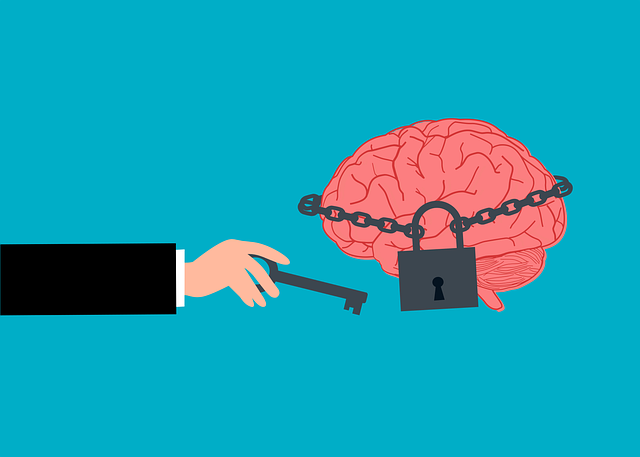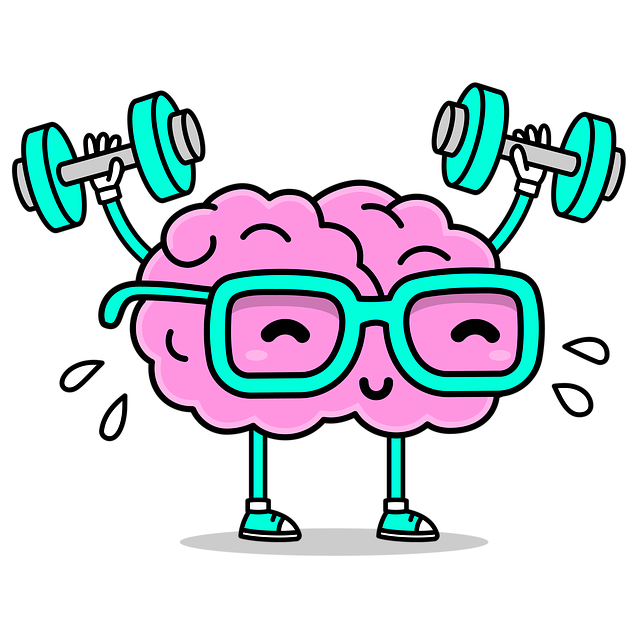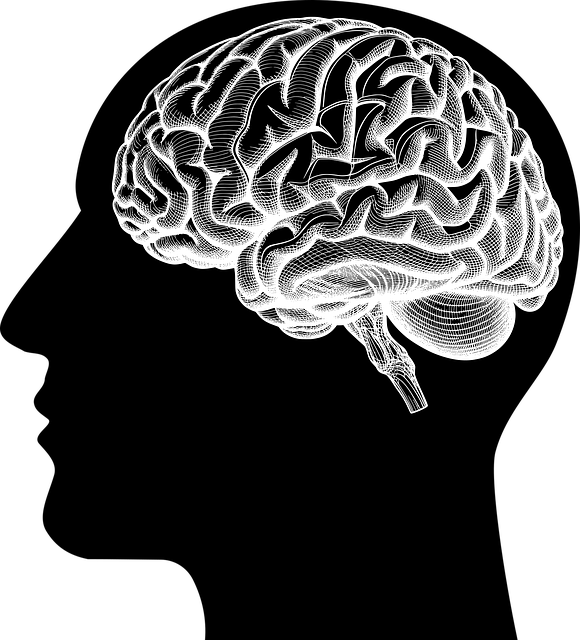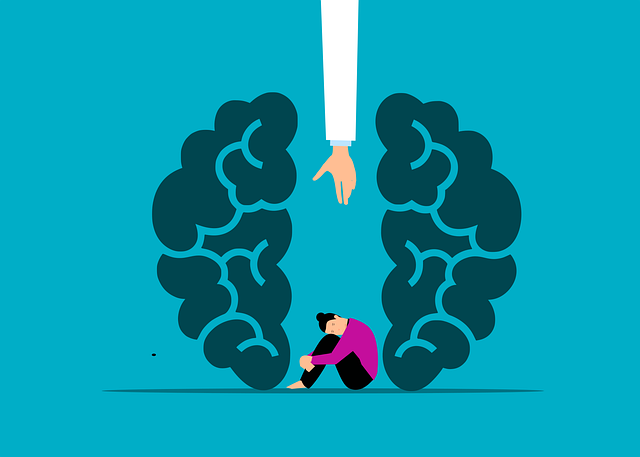Positive thinking, enhanced through therapy tailored for adults who are bilingual or multilingual, serves as a powerful tool against life's complexities. By integrating optimism and reframing negative thoughts in their native languages and daily routines, individuals build resilience to cultural barriers, language acquisition challenges, and mental illness stigma. Daily practices like journaling improve stress management, crisis intervention, and coping mechanisms, contributing to efforts to reduce mental health stigma. This approach empowers bilingual adults to cultivate emotional well-being through self-care, mindfulness, positive affirmations, strategic planning, and reflection in their native tongues, ultimately fostering resilience and positivity in a supportive bilingual environment.
Unleash the power of positivity with this transformative guide tailored for bilingual adults seeking therapy. Discover how positive thinking exercises can enrich your life, boost mental well-being, and foster resilience. We’ll explore effective strategies to cultivate a personalized routine, navigate challenges, and track progress. Embrace practical techniques to integrate daily positivity, leading to improved cognitive function and enhanced emotional intelligence.
- Understanding Positive Thinking and Its Benefits for Bilingual Adults
- Creating a Personalized Positive Thinking Exercise Routine
- Practical Techniques to Incorporate Daily Positivity
- Overcoming Challenges and Tracking Progress in Your Journey
Understanding Positive Thinking and Its Benefits for Bilingual Adults

Positive thinking is a powerful tool that can significantly enhance the mental wellness of adults who are bilingual or multilingual. For individuals navigating the complexities of life in multiple languages, fostering a positive mindset offers unique advantages. By embracing optimism and reframing negative thoughts, these adults can build resilience against the challenges posed by cultural barriers, language acquisition, and potential stigma associated with mental illness in diverse communities.
Incorporating positive thinking exercises into daily routines can be a transformative therapy for bilingual adults. Mental wellness journaling, for instance, provides a safe space to reflect on experiences, express emotions, and cultivate gratitude—all essential components of reducing the impact of stress and anxiety. Moreover, these practices can aid in crisis intervention by offering alternative perspectives during challenging times, thereby promoting better coping mechanisms and overall mental illness stigma reduction efforts.
Creating a Personalized Positive Thinking Exercise Routine

Creating a Personalized Positive Thinking Exercise Routine is an empowering step towards enhancing mental wellness for adults, especially those engaging in bilingual therapy. The first step involves identifying daily activities that can be transformed into opportunities for positive thinking. This could be as simple as starting your day with a few minutes of gratitude practice or ending it by reflecting on the day’s achievements. Incorporate these practices into your existing routine to ensure consistency.
For instance, you might choose to engage in mindfulness exercises like deep breathing during moments of stress, or adopt positive self-talk techniques before challenging tasks. Learning conflict resolution techniques and developing coping skills through such exercises can significantly benefit bilingual adults navigating cultural or language barriers. By regularly incorporating these practices, individuals can cultivate a more optimistic mindset, improve their emotional resilience, and enhance overall mental wellness.
Practical Techniques to Incorporate Daily Positivity

Incorporating daily positivity into your routine is a powerful tool for enhancing mental health and overall well-being, especially when supported by effective therapy for adults bilingual individuals. One practical technique to start with is self-care routine development. This involves dedicating time each day to engage in activities that bring joy and relaxation, such as meditation, journaling, or spending time in nature. By making self-care a non-negotiable part of your schedule, you cultivate a deeper connection with your positive thoughts and emotions.
Additionally, practicing positive thinking can be strengthened through simple yet powerful exercises like reframing negative thoughts into more optimistic ones. When faced with challenging situations, try to identify the silver lining or a lesson that can be learned. This shifts your perspective from defeatist to growth-oriented, fostering resilience and preventing burnout. Bilingual adults can particularly benefit from this approach by leveraging their language skills to express gratitude and affirm positive beliefs in both their native tongue and the language they are learning or using in their daily lives.
Overcoming Challenges and Tracking Progress in Your Journey

Overcoming challenges is an integral part of any positive thinking journey, especially for adults navigating life’s complexities. Bilingual therapy offers a unique approach to enhance resilience and foster mental wellness. Through personalized guidance, clients are empowered to confront obstacles head-on and develop inner strength. This process involves strategic planning and the adoption of coping mechanisms tailored to their individual needs. By combining therapy sessions with practical tools like Mental Wellness Journaling Exercises, participants can systematically track their progress and identify patterns that contribute to personal growth.
Regular reflection in a mental wellness journal allows individuals to record their experiences, emotions, and achievements. This practice encourages self-awareness, helping clients recognize triggers and celebrate victories. As they document their journey, they build resilience, becoming better equipped to handle future challenges with a more positive mindset. The bilingual therapy environment further supports this process by providing a safe space for expression and fostering a deeper connection to one’s inner strength.
Implementing positive thinking exercises as part of your daily routine can be a powerful tool for adults who are bilingual, offering significant benefits to mental health and overall well-being. By combining language skills with cognitive strategies, you can enhance your resilience, improve emotional regulation, and foster a more optimistic outlook on life. Remember, therapy doesn’t have to be a formal process; it can be an accessible, personalized journey towards self-improvement. With consistent practice, these exercises can become a valuable asset in navigating the challenges of daily life, allowing you to embrace a brighter and more balanced perspective.














